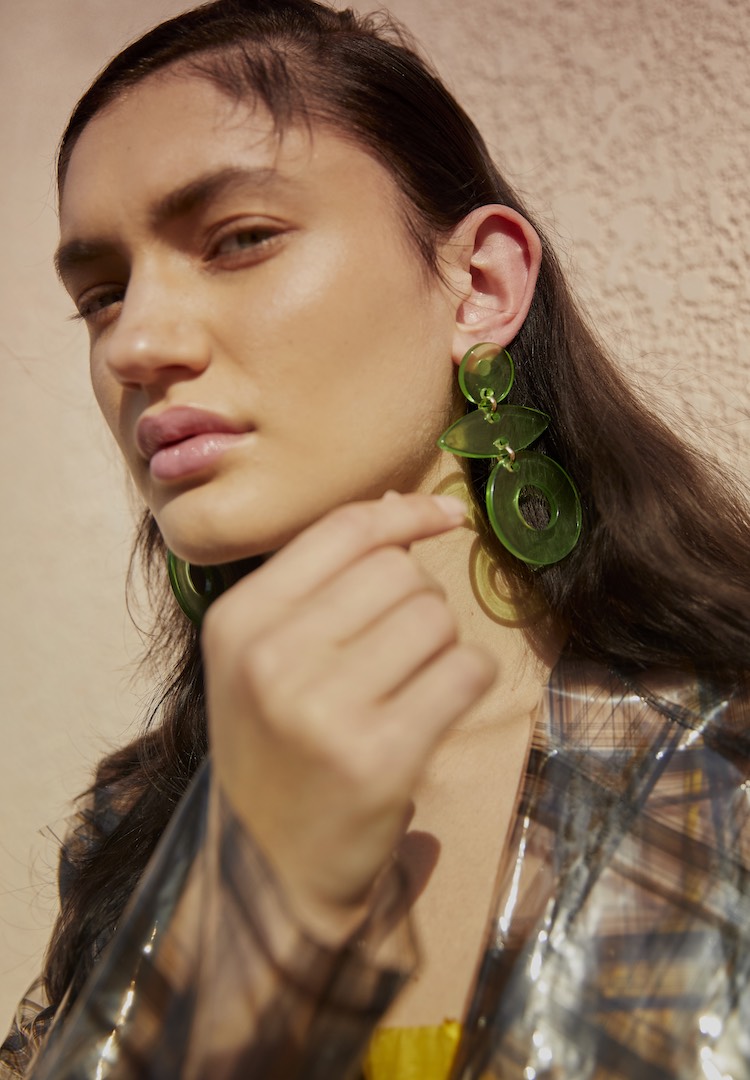Do attractive people really have it easier? Unpacking the ‘halo effect’
WORDS BY CELESTE MARTINE
Beauty’s ugly truth.
Attractiveness – in its various forms – has always remained a focus in our society. While our obsession with beautiful people may only appear to be skin deep, the ‘halo effect’ suggests otherwise. Peeling back the layers of this psychological phenomenon, could it be true that attractive people have it easier?
The ‘halo effect’ was coined by psychologist Edward Thorndike. His theory suggests people believe a person with one positive trait must have another. An example of this is attractiveness. According to the halo effect, someone perceived to be attractive could be assumed to have other positive qualities such as intelligence, moral virtue or leadership.
Looking for more thought-provoking reads? Try our Life section.
The halo effect has attracted attention on TikTok, sparking conversations and questions on what it is, and how it can be used to make a positive first impression. The problem with this is the belief system of the halo effect is flawed.
In assuming an attractive person must also have other positive traits, people feed into personal biases around how they perceive attractiveness. The ugly truth is the idea of attractiveness is susceptible to other problematic viewpoints around race, sexuality and gender.
When we take this into consideration, it’s clear to see how the halo effect could contribute to unfair discrimination of others based on their perceived attractiveness. This becomes increasingly problematic when it comes to people in significant positions of power, such as hiring managers, teachers and judges.
Remember ‘hot prison guy’ Jeremy Meeks? In the decade since his mug shot went viral, Jeremy said he “stepped fresh out of federal prison and into the limelight and [his] life changed completely.” It begs the question, could the halo effect be responsible for the trending #prisonbaes and dedicated Instagram accounts for ‘mug-shawtys’?
In their lightest form, these trending hashtags and viral mugshots are online humour, but we enter darker territory when we ask ourselves if someone considered ‘average looking’ would get the same number of people advocating on their behalf.
Unfortunately, a 2009 study suggests not. In the study, participants were asked to judge a person on how trustworthy they appeared to be based on a photograph of their face. The study found on average, attractive individuals were rated as more trustworthy without any other evidence to suggest this.
But the impact of the halo effect doesn’t stop there. A 2023 study found “the halo effect is one influence that may distort the assessment of the teacher,” when grading schoolwork. While another study found the halo effect could potentially influence teachers’ ratings of disruptive behaviour in the classroom. If the halo effect could influence students’ grades, could it potentially influence a person’s ability to find employment?
An experiment conducted to discover how factors such as the halo effect may impact managers found that it could. The study asked several candidates to rate hypothetical candidates on video. The managers in the control group committed several impression errors, including the halo error, while those who had undergone workshop training on the matter, did not.
When we take these factors into consideration, it’s important to ask ourselves how our own judgements of people could be distorted by the halo effect. While this psychological phenomenon isn’t fully understood yet, just being aware of our unconscious leanings could lessen the power they hold.
To learn more about the halo effect in the workplace head here.













